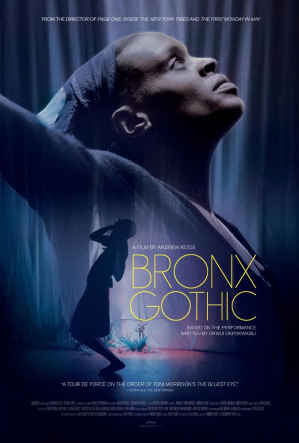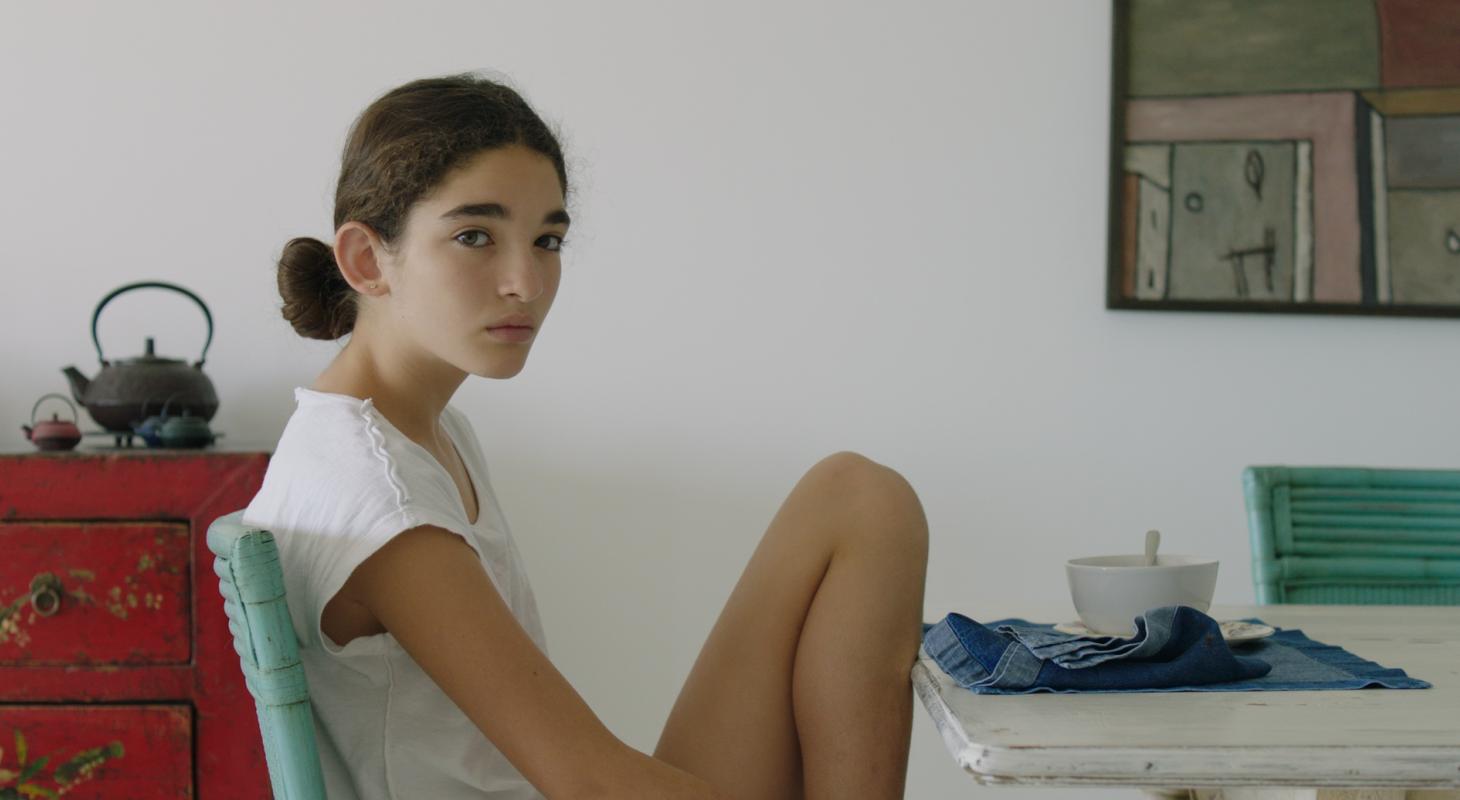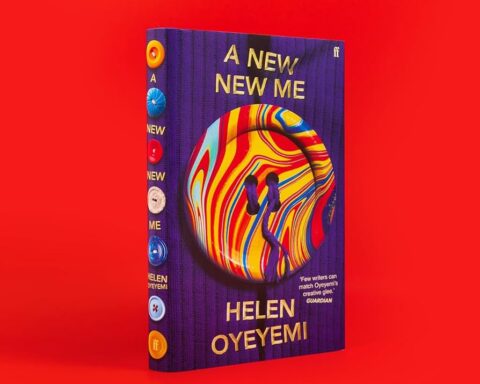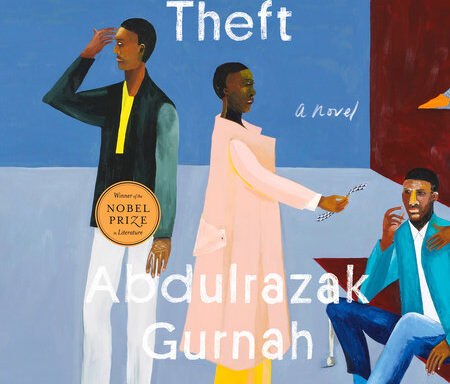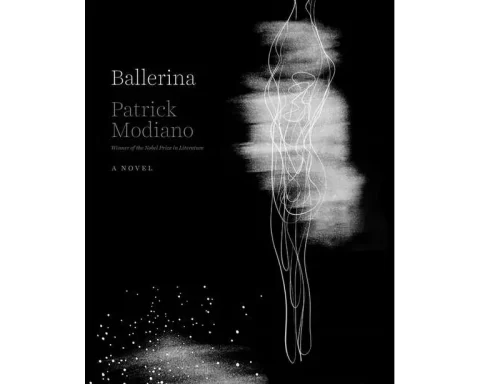BRONX GOTHIC: Okwui Okpokwasili
Summary:
From director Andrew Rossi (Page One: Inside the New York Times, The First Monday in May) comes an electrifying portrait of writer and performer Okwui Okpokwasili and her acclaimed one-woman show, Bronx Gothic. Rooted in memories of her childhood, Okwui – who’s worked with conceptual artists like Ralph Lemon and Julie Taymor – fuses dance, song, drama and comedy to create a mesmerizing space in which audiences can engage with a story about two 12-year-old black girls coming of age in the 1980s. With intimate vérité access to Okwui and her audiences off the stage, Bronx Gothic allows for unparalleled insight into her creative process as well as the complex social issues embodied in it.
From director Andrew Rossi (Page One: Inside the New York Times, The First Monday in May) comes an electrifying portrait of writer and performer Okwui Okpokwasili and her acclaimed one-woman show, Bronx Gothic. Rooted in memories of her childhood, Okwui – who’s worked with conceptual artists like Ralph Lemon and Julie Taymor – fuses dance, song, drama and comedy to create a mesmerizing space in which audiences can engage with a story about two 12-year-old black girls coming of age in the 1980s. With intimate vérité access to Okwui and her audiences off the stage, Bronx Gothic allows for unparalleled insight into her creative process as well as the complex social issues embodied in it.
Some Girls Just Know Things: In ‘Bronx Gothic,’ Lessons About Growing Up Female
By
Review: New York Times:
Before people are even seated for “Bronx Gothic” at Danspace Project, Okwui Okpokwasili is moving. Her back to the audience, she does a shimmying, herky-jerky kind of dance. It seems like a private ritual, a gathering of forces or, maybe, a summoning of the muse. And it goes on so long, 20 minutes or so, that you worry she’ll knock herself out. Or exhaust your patience.
She doesn’t.
“I want to share something with you,” she says at last. It’s a story of innocence (well, relatively) and experience that grows out of a series of notes passed between two 11-year-old girls, one of whom is based on Ms. Okpokwasili, who wrote and performs this solo show.
“Bronx Gothic,” part of the Coil festival, has dance elements and songs, but storytelling is its core. In language that is by turns blunt and poetic, crudely funny and incantatory, Ms. Okpokwasili conjures and probes this adolescent friendship, a jumble of insults, anger and love.
Many of the passed notes, which she reads from crumpled papers or pulls from her memory, turn on sex. (“You can’t have an orgasm with a Frisbee,” says the experienced girl to the more innocent one.) Periods, pubic hair, breasts, erections, semen and oral sex all come under the microscope, as does beauty. “You know you ugly,” says Experience to Innocence — not to mention dirty and smelly.
We’re used to hearing this kind of talk — raw, unmediated by political correctness — from men and boys in theaters. But it still feels daring and unusual to hear it from a female perspective, more daring, really, than the show’s blurred genres, which just seem to be the way this performer needs to tell this story.
Bits of “Bronx Gothic,” directed by Peter Born (who also designed the set and did the lighting), may be too private or too overthought, as when Ms. Okpokwasili puts her head in a plastic shopping bag that has been ominously dangling from the ceiling. But the show is also nicely open-ended, though specific when it needs to be about culture and place: Orchard Beach, Nathan’s hot dogs, Whitney Houston’s hair, and Lisa Lisa and Cult Jam are all called out.
And Ms. Okpokwasili, who was Hippolyta in Julie Taymor’s recent “Midsummer’s Night Dream,” is a magnetic performer. In a voice that can be confiding or terrifying and movement that can be ugly or sinuous, she holds the show together, lending her story unexpected emotional and physical contours.


